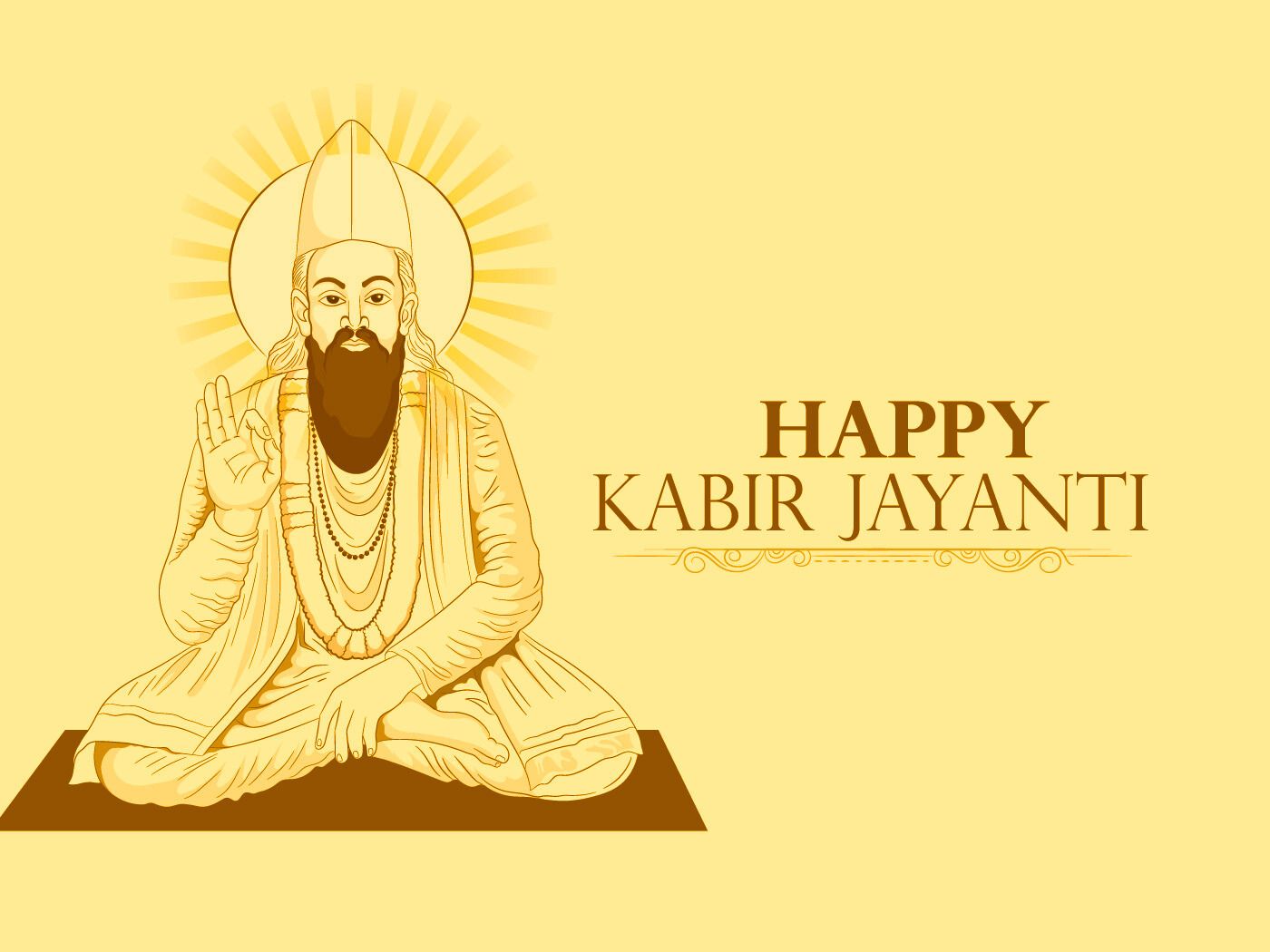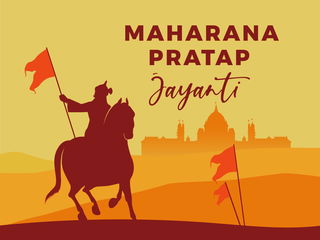- Calendar
- Calendar 2025
- June
- Kabir Jayanti
Kabir Jayanti
Kabir Jayanti, is observed every year on the full moon day of the Hindu month of Jyeshtha, which according to the Gregorian calendar falls in the month of May or June.
Also known as Kabir Praakat Diwas, this day is celebrated to honor the resurrection of Kabir who was a popular poet and pious saint in India.
Devotees believe that Saint Kabir was born in 1398 A.D. on this day. The details of his birth remain a mystery.
Some believe he was born to Muslim parents, while others say he miraculously appeared on a lotus in Lahartara Lake. Today, a Kabirpanth exists at Lahartara, preserving this belief.
The Legacy of Saint Kabir
Although, the exact years of Kabir's life and death is not clear, historians believe he lived somewhere between 1398-1448 while some suggests he lived between 1440-1518.
The majority of people believe that he was born in 1398 or Samvat 155 on the full moon day of Jyestha during the Brahmamuharta, according to the Vikram Samvat calendar.
The circumstances of the birth of Kabir are widely argued and many of his followers believe he appeared from Satloka as a divine figure on a lotus flower in Lahartara Pond.
It is said that Saint Ashtanand witnessed this while appearing on a lotus. Many theories suggest that he was discovered as an abandoned infant by a Muslim couple at Lahartara Lake, who then adopted him.
Kabir was believed to be a disciple of Swami Ramananda, a Bhakti saint from Varanasi.
Ramananda followed devotional Vaishnavism and the Advaita philosophy, which teaches that God is present in every person and everything.
Kabir's early life was shaped by both Hindu and Islamic influences. Some accounts describe him as a Vaishnava yogi, while others associate him with Sufi traditions.
One of the earliest records of Kabir appears in the Persian text Dabestan-e Mazaheb, which describes him as a "Bairagi" (Vaishnava ascetic) and a disciple of Ramananda, referring to the latter as "Gang."
Kabir's teachings and poems were preserved and shared by his disciples, especially Bhagodās and Dharamdas.
Later, Kshitimohan Sen gathered Kabir's songs from wandering mendicants across India, which Rabindranath Tagore later translated into English.
More recently, Arvind Krishna Mehrotra translated Songs of Kabir, capturing the raw intensity of his poetry.
Kabir's philosophy led to the Kabir Panth, a religious community that emerged between the 17th and 18th centuries and now has around 9.6 million followers.
The 1901 census recorded 843,171 Kabir Panthis, reflecting their growth over time.
In Varanasi, two temples dedicated to Kabir, one Hindu, one Muslim, conduct similar rituals, including singing his songs, performing aarti, and distributing prasad.
His followers are strict vegetarians and abstain from alcohol.
Kabir's verses were included in the Adi Granth, making him the largest non-Sikh contributor.
Some scholars believe he influenced Guru Nanak, while others emphasize differences in their teachings.
Despite debates, Kabir's poetry and spiritual insights continue to inspire across religious and cultural boundaries.
Observing Kabir Jayanti
Devotees celebrate by reading and reciting his dohas (couplets) that emphasize love, unity, and the rejection of social divisions.
Bhajans and satsangs are organized in temples and spiritual centers, where his philosophy of simple living and truthfulness is discussed.
Many people visit Kabir Math in Varanasi, believed to be his birthplace, to pay homage.
Acts of kindness, charity, and feeding the poor are common ways to honor his legacy.
Some also spend the day in meditation or engage in discussions about his profound messages on spirituality and humanity.
Recommended Articles

Other Celebrations
-
May 20 Tue
-
May 27 Tue
-
Nov 05 WedGuru Nanak Jayanti Holiday
-
Feb 01 Sun
-
Mar 31 TueMahavir Jayanti Holiday
-
Apr 02 Thu

Kabir Jayanti - Next years
Sunday, 31 May 2026
Saturday, 19 June 2027
Wednesday, 07 June 2028











